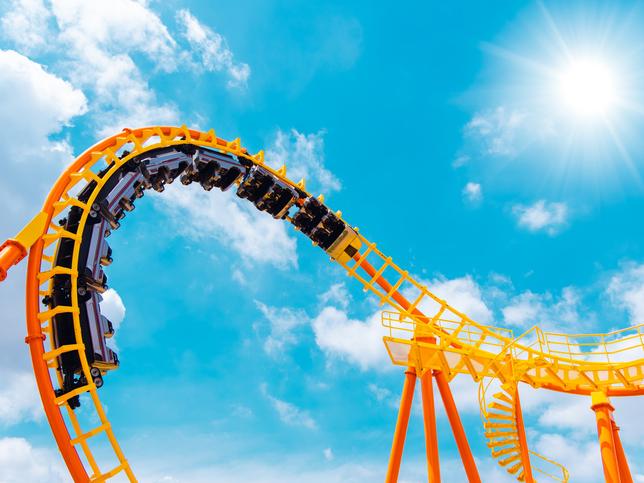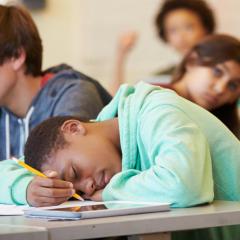 Emotions are integral to learning – whether that be the interest or curiosity that sparks learning in the early years of life, the influence of social interactions during adolescence or the satisfaction that can come with career-directed learning and achievement in adulthood.
Emotions are integral to learning – whether that be the interest or curiosity that sparks learning in the early years of life, the influence of social interactions during adolescence or the satisfaction that can come with career-directed learning and achievement in adulthood.
When it comes to learning in higher education, students are often not well prepared for the emotional roller coaster they are about to board. They can experience the highs of positive emotions that come from pursuing a passion, excitement about a learning event, or joy at a pleasing achievement, and they can experience the lows of negative states such as boredom when the topic or experience lacks personal interest, anxiety as they manage assessment deadlines and workloads, or frustration when they are unable to resolve a misunderstanding or learning challenge.
For too long, emotions have been perceived as a “distraction” to cognition in many formal learning environments, including in higher education. Instead, educators and learning designers can draw upon the science of learning to understand and use emotions to promote more effective and engaging learning in diverse courses, contexts and modes.
In this, the first of three articles about how emotions can promote greater student engagement and learning, Dr Stephanie MacMahon, Alexandra Osika, and Professor Annemaree Carroll from The University of Queensland's Learning Lab explore strategies that help to promote emotional states that facilitate learning and that can smooth the ride for students.



